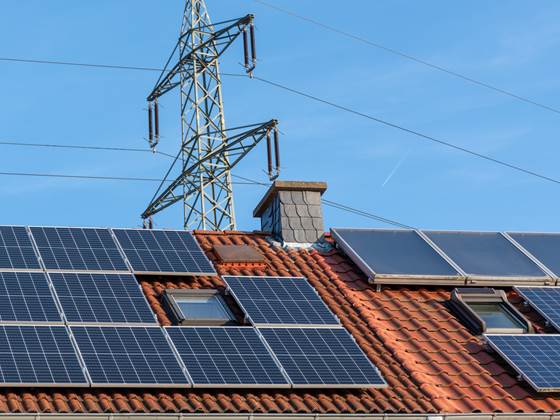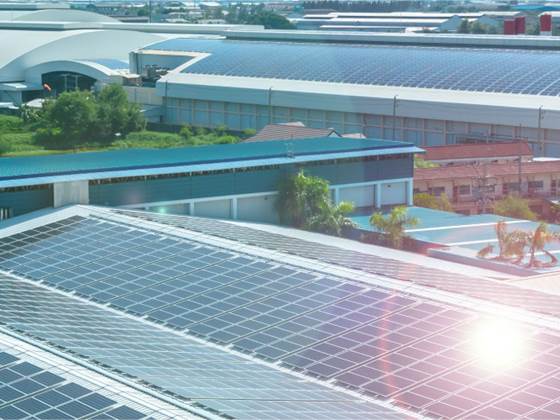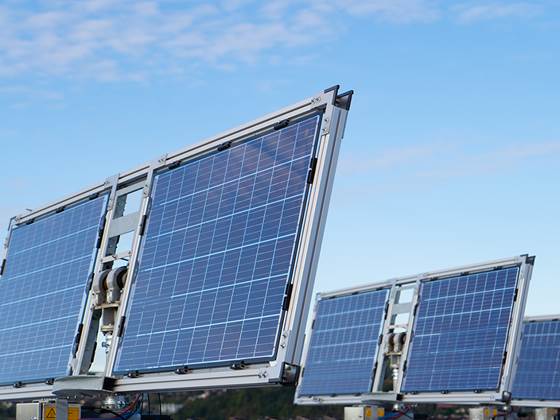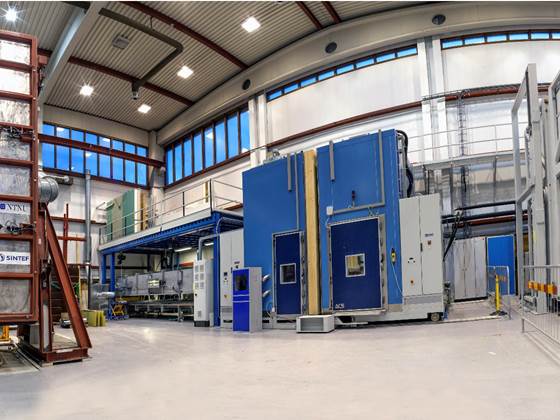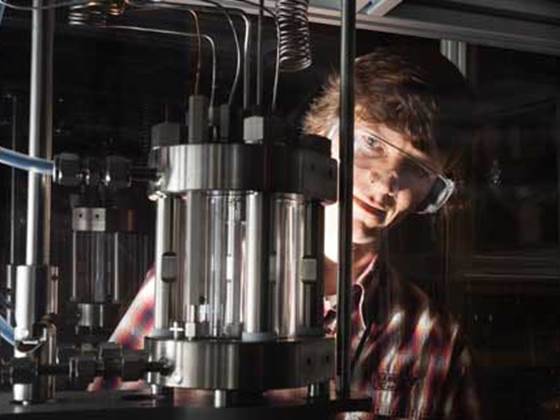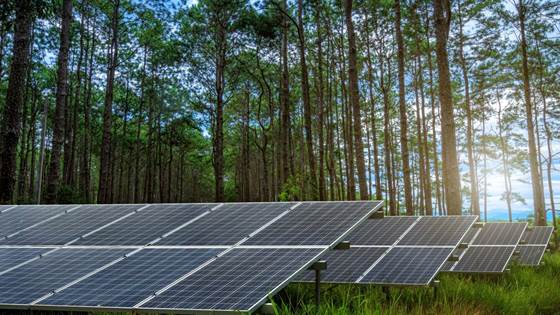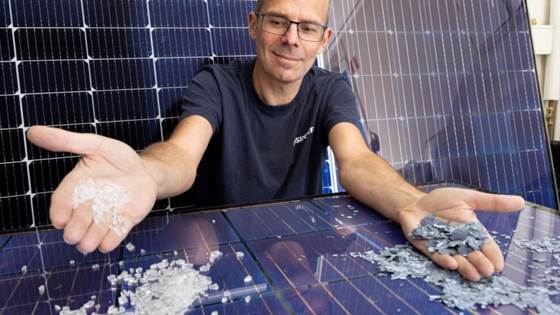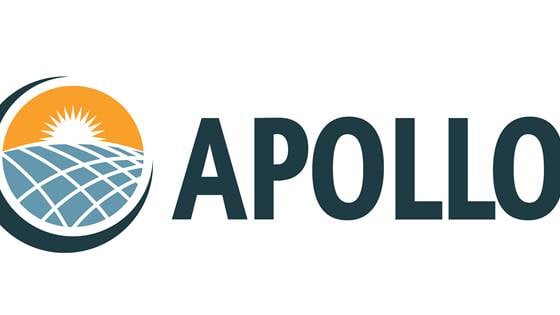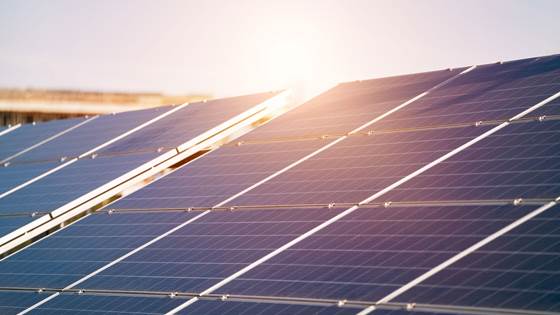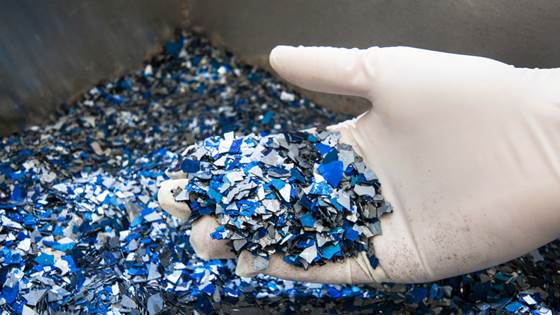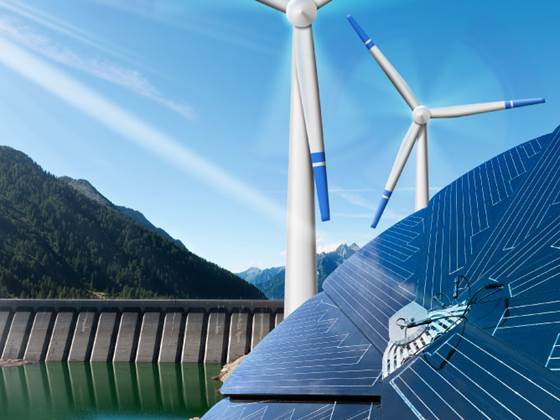Solar energy is experiencing a vast growth both in Norway and globally. Solar energy will play a pivotal role in the energy transition from fossil to renewables and provide clean energy to parts of the world where many people still do not have access to electricity.
In many places, solar energy is competitive without subsidies, but we still need to do research to make the technology even better.
- It's about making solar cells and solar collectors more efficient, so that more of the solar radiation can be converted into electricity and heat.
- It is also about integrating solar energy systems into buildings and energy systems in a better way.
- In addition, we are researching how the production of solar cells and solar cell installations can be improved to reduce costs, improve quality and reduce the environmental impact through recycling and reuse of materials.
- We research the production and material development of silicon, which is the mainstay of 95% of the solar cells produced today.
- In order to maintain the value of materials and the finished solar modules, we work to reduce material and energy consumption, close material flows, remove waste flows, extend the product life and develop repairable and recyclable designs.
- Solar heat can also be converted directly into usable heat for industrial processes. We are working to implement innovative technologies to increase the operating temperature, optimize efficiency and the possibility of getting cold production.


